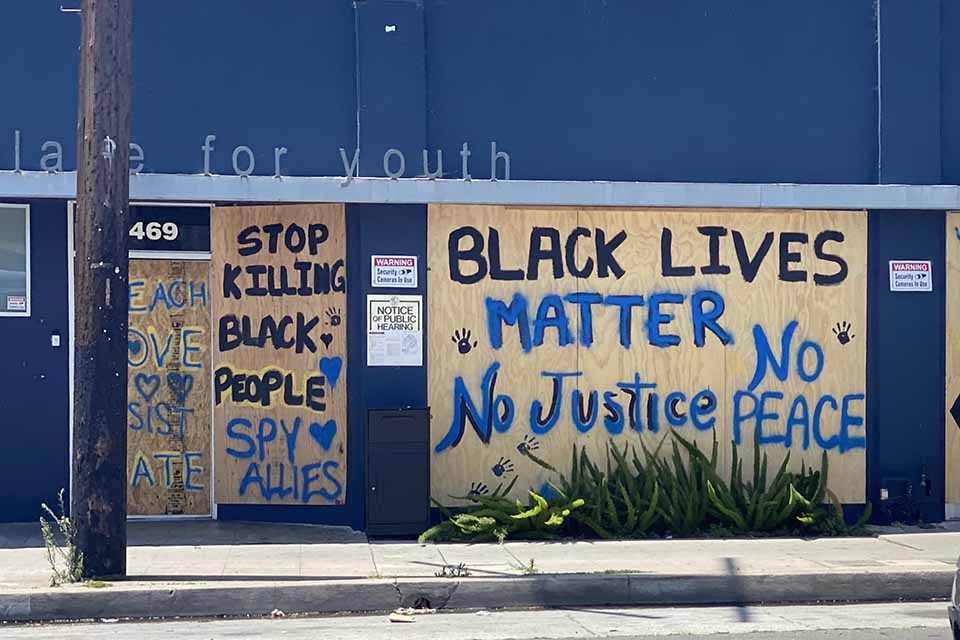In the aftermath of the senseless deaths of George Floyd, Ahmaud Arbery, Tony McDade, Breonna Taylor, and many others before them, it is difficult to think we can still continue to write poetry. The rage, the hopelessness, the grief are still raw, and with every new death, our bodies open into new wounds. But poems have a way of mapping the world for us in ways we can’t even imagine. Ordinarily, in times like these, I would turn to poetry to find solace and comfort, as poetry has ways of creating safe spaces we didn’t know we had. But this time, I refuse to be consoled, I refuse to drown in my sorrow, I refuse to accept that I have inherited a country that wages war against its people. So, this is my offering: poems and prose from groundbreaking Black writers, reflecting on the ways we have been affected collectively, individually, intimately. I offer this not to add to our breaking, which must be insurmountable now, but to remind you that we are still here, still enraged, still losing our people; I offer this so you can gain a new seeing through these important voices, and rise with us, for us. In times like these, writers and artists have the responsibility to speak up for the vulnerable. And these are no different.
This is my offering: poems and prose from groundbreaking Black writers, reflecting on the ways we have been affected collectively, individually, intimately.
Kwame Dawes’s poem, aptly titled “Before the Riot,” is a powerful piece to start off the Black Voices series, and one that fits perfectly into the outrage of the most recent uprisings in the aftermath of George Floyd’s senseless death. At its fulcrum, it begins with an offhand comment from an unnamed Midwestern woman, who says, perhaps it is true, that for us to live so well, / some of them had to die, and though at first glance this may sound like a microaggression, in the expert hands of Dawes, it is churned over and over again, until it unveils the same reasons that have been used to justify racial injustice for so long, so deeply engrained in the white mind, so intertwined with a management of ethics, as it were. And it’s the particular tone with which Dawes portrays the incident that leads us to believe, to finally see the horror in such a seemingly innocent comment, but he is not whispering this poem as if it’s a secret for us to hold. It is a weapon of truth, and as such, we must carry it, and wield it wherever we go.
Los Angeles
